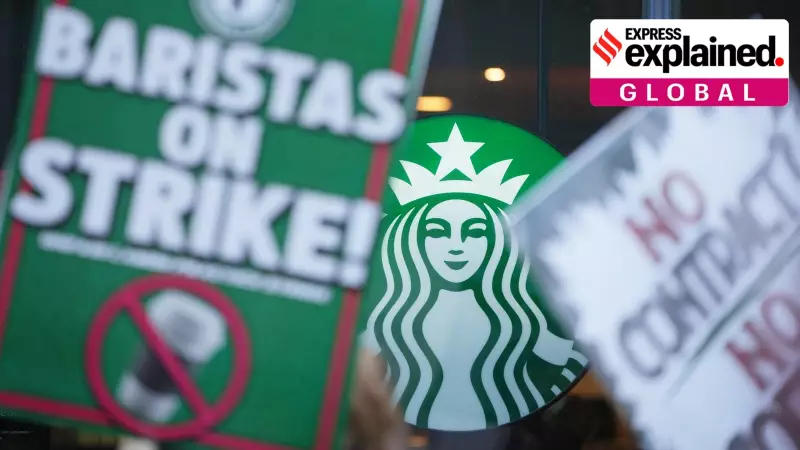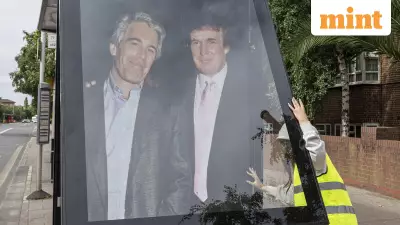
More than one thousand Starbucks employees across the United States have launched a significant strike during the crucial holiday season, drawing support from prominent political figures including New York mayor-elect Zohran Mamdani. The labor action began on November 13, 2025, strategically timed to coincide with Starbucks' popular "Red Cup Day" promotion when the company distributes free reusable cups to customers.
What Triggered the Starbucks Strike?
The current walkout represents the culmination of years of growing tension between Starbucks workers and corporate management. Workers have been demanding improved working conditions, better wages, and more predictable scheduling through organized union efforts that have gained momentum across various American industries in recent years.
Starbucks Workers United, the union representing the striking employees, stated that the decision to form a collective emerged from persistent issues faced by workers nationwide. These concerns include chronic short-staffing, unpredictable work schedules, inadequate wages, and various forms of workplace harassment.
Key Demands and Company Response
The striking baristas are pushing for a fair contract that includes higher pay, improved staffing levels, consistent working hours, and an end to what they describe as union-busting activities by the company. The union, which now represents approximately 12,000 Starbucks workers nationwide, has seen its membership grow significantly since its formation in New York in 2021.
The immediate trigger for the current strike was the collapse of negotiations between Starbucks management and worker representatives regarding pay increases and employee benefits. In April, union delegates involved in contract discussions voted to reject the company's proposal that guaranteed annual raises of at least 2%.
Starbucks has defended its position, stating that it "offers the best job in retail, including more than $30 an hour on average in pay and benefits for hourly partners." The company has emphasized that Workers United represents only about 4% of its workforce and accused the union of walking away from bargaining talks.
Political Support and Broader Implications
The strike has garnered significant political backing, most notably from New York mayor-elect Zohran Mamdani, who publicly pledged his support on November 14. In a social media post, Mamdani declared, "Starbucks workers across the country are on an Unfair Labor Practices strike, fighting for a fair contract. While workers are on strike, I won't be buying any Starbucks, and I'm asking you to join us. Together, we can send a powerful message: No contract, no coffee."
This labor action occurs against the backdrop of challenging times for Starbucks. The company reported falling sales for four consecutive quarters earlier this year. New CEO Brian Niccol, who took leadership in September 2024, has implemented a "Back to Starbucks" strategy focused on enhancing customer experiences and revitalizing the coffee chain's welcoming atmosphere.
The Starbucks negotiations reflect a broader shift in American labor dynamics, where unionization has experienced growing public support despite corporate resistance. Former Starbucks CEO Howard Schultz previously expressed opposition to third-party representation, stating, "We don't believe that a third party should lead our people."
According to the US Bureau of Labor Statistics, the union membership rate stood at 9.9% in 2024, representing a significant decline from 1983 when 20.1% of American workers were union members. The current labor movement at Starbucks and other service industry companies tests whether workers can reverse this decades-long trend amid evolving economic challenges including automation and artificial intelligence.





